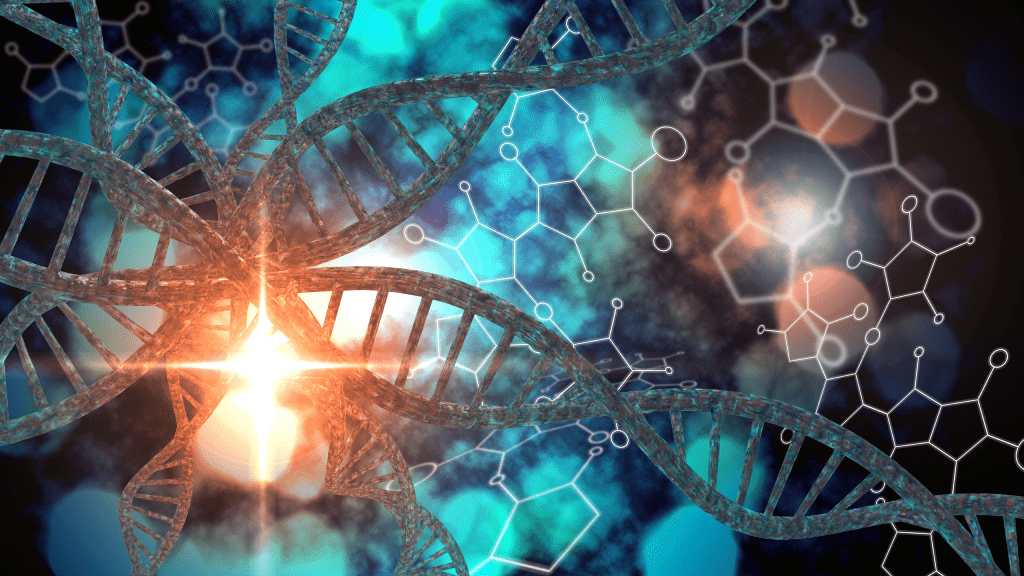There are around 15 million distinct species of living organisms on this planet. Out of those, only 2 million have been identified. Furthermore, approximately 80% of the world’s rivers and oceans are unexplored. Basically, this means that freshwater and marine ecosystems may contain the largest number of unknown plant and animal species known to humans.
What does this mean? To discover and protect these species, we need to have comprehensive monitoring systems in place. Such systems can and should be powered by AI and Machine Learning.
The monitoring can help explain biodiversity in the oceans and take measures for the protection of rare species. Through AI-based monitoring, we can also address the challenges that occur during the creation of artificial proteins, and the complexities associated with the process.
Possibly, the best advantage of AI’s use in biotechnology is its impact on the planet. Every new technological improvement during last years has played a small but valuable part in environmental conservation. With AI, we can stop the accelerating degradation of the planet’s biodeversity.







Comments